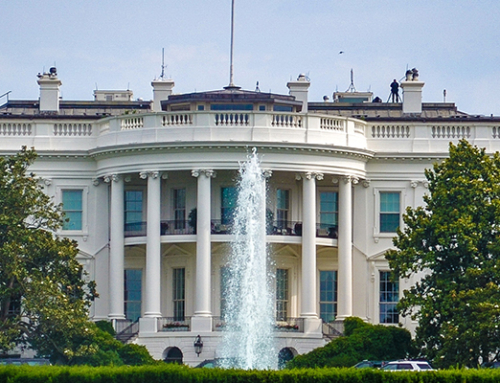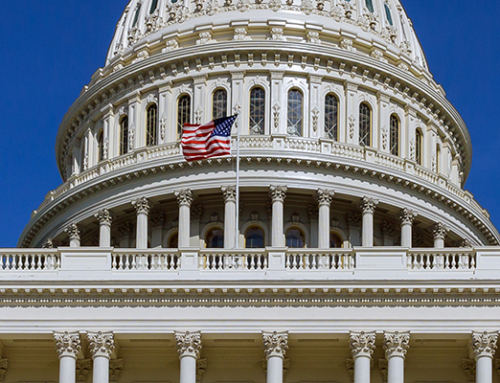The US Department of Labor released its UI Solvency Report on May 13th, showing the relative solvency of each state UI trust fund in comparison to other states based on US DOL suggested standards. See the link to the report at http://workforcesecurity.doleta.gov/unemploy/docs/trustFundSolvReport.pdf
Our conclusions based on the data included in the study are alarming with respect to a number of states with UI trust funds that are so insolvent that they are not likely to recover before the next recession. Employers in these states should expect continued increases in state and/or FUTA tax rates and there will be longer term restrictions on benefit increases along with enhanced integrity efforts.
It should be noted that a number of these states have elected not to maintain a large trust fund balance and are relying on just in time supplemental funds to assure solvency. Many are using bonds to supplement UI taxes to assure sufficient funds (Illinois, Nevada, Pennsylvania, Texas). Some states have already made significant cuts in benefits and/or increases in tax rates to begin solvency efforts (Florida, Georgia, Indiana, Missouri, North Carolina, Pennsylvania, South Carolina). However, the bottom line long term solvency in many states remains strained.
States not meeting the 0.5 Average High Cost Multiple threshold as of 12/31/2013 include: Alabama, Arkansas, Arizona, California, Connecticut, Delaware, Florida, Georgia, Illinois, Indiana, Kansas, Kentucky, Massachusetts, Missouri, North Carolina, New Jersey, Nevada, New York, Ohio, Pennsylvania, Rhode Island, South Carolina, Texas, Virginia, Virgin Islands, Wisconsin, West Virginia.
A second tier of states that do not meet the DOL recommended levels but have average high cost multiples of 0.5 or more include: Colorado, DC, Hawaii, Maryland, Maine, Michigan, Minnesota, Puerto Rico, Vermont.
Only 15 states appear to have solvent trust funds by the US DOL 1.0 Average High Cost Multiple formula, including: Alaska, Iowa, Idaho, Louisiana, Mississippi, Montana, North Dakota, Nebraska, New Hampshire, Oklahoma, Oregon, South Dakota, Utah, Washington, Wyoming.
UWC continues to provide support for our members in identifying measures to address solvency concerns on a state by state basis. Although it has been 5 years since the end of the recession many states have not yet recovered and are not prepared for the next recession which has been projected by some economists to occur as early as 2018.





